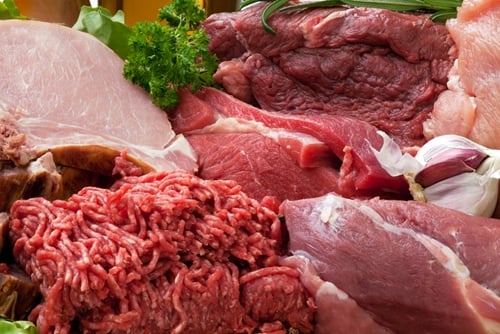
How to Preserve Meats
- Tips and How To's
- 11/17/14
- Share
Purchasing meat can be an expensive endeavor, especially if you're buying individually packaged products in an attempt to prevent wasting food. One of the easiest and most convenient ways to lower grocery costs and keep meat fresher longer is by buying your cuts in bulk, then preserving them in your freezer.
While you may be tempted to just toss your meats in the freezer without a second thought, this can have a negative effect on both taste and texture, as well as drastically reduce the shelf-life of your foods. When preserving your meats, be sure to keep the following in mind to ensure your food stays tasty for longer.
The Value of Vacuum Sealing
Unlike other forms of storage, vacuum sealing your meats provides a vast range of unique benefits. The National Center for Home Food Preparation noted that using a vacuum sealer is one of the best ways to ensure your meats don't spoil. Because your sealer vacuums most of the oxygen from the storage bag, your meat is less likely to become oxidized and discolor. With less air - which can cause bacteria to grow and food to rot sooner - your meat can last drastically longer than it would with a conventional plastic bag or portable container.
Freezing First
Since many of the types of bacteria that can harm both your food and your body thrive at room temperature, it's best to freeze your meats before vacuum sealing them and storing them in the freezer for an extended period of time. By freezing first, you can ensure the bacteria have been killed before storing your meats for the long-term.
Freezing your food first can not only make it safer - it can also make your cuts far more savory when it comes time to thaw them out. Placing your meat in the freezer before vacuum sealing ensures that all the juices remain in tact before the preservation process, something you'll be especially thankful for when you decided to cook your chosen cuts.
Keeping an Eye on Your Meats
According to Ready Nutrition, food that has been vacuum sealed and frozen can last up to five times longer than that which has merely been placed in the freezer. Depending on the type of meat you seal, the way it's been prepared and its initial freshness, its shelf life will vary. For the most part, however, foods that have been preserved with a vacuum sealer can last up to three to four months - a perfect figure for huntsmen who are looking to keep their game fresh during the off seasons.



